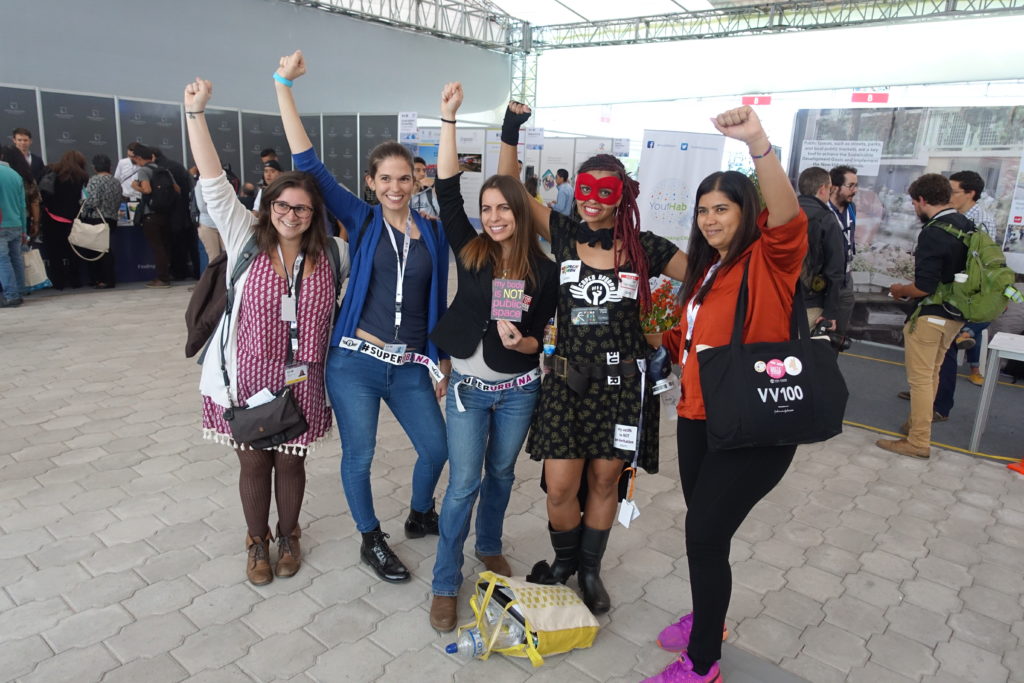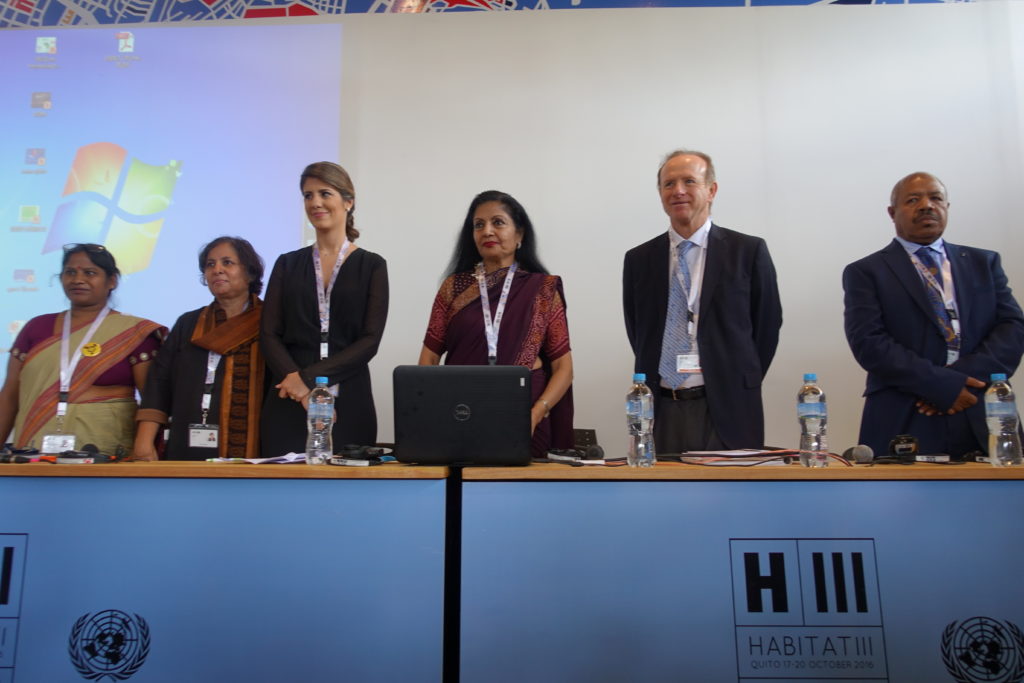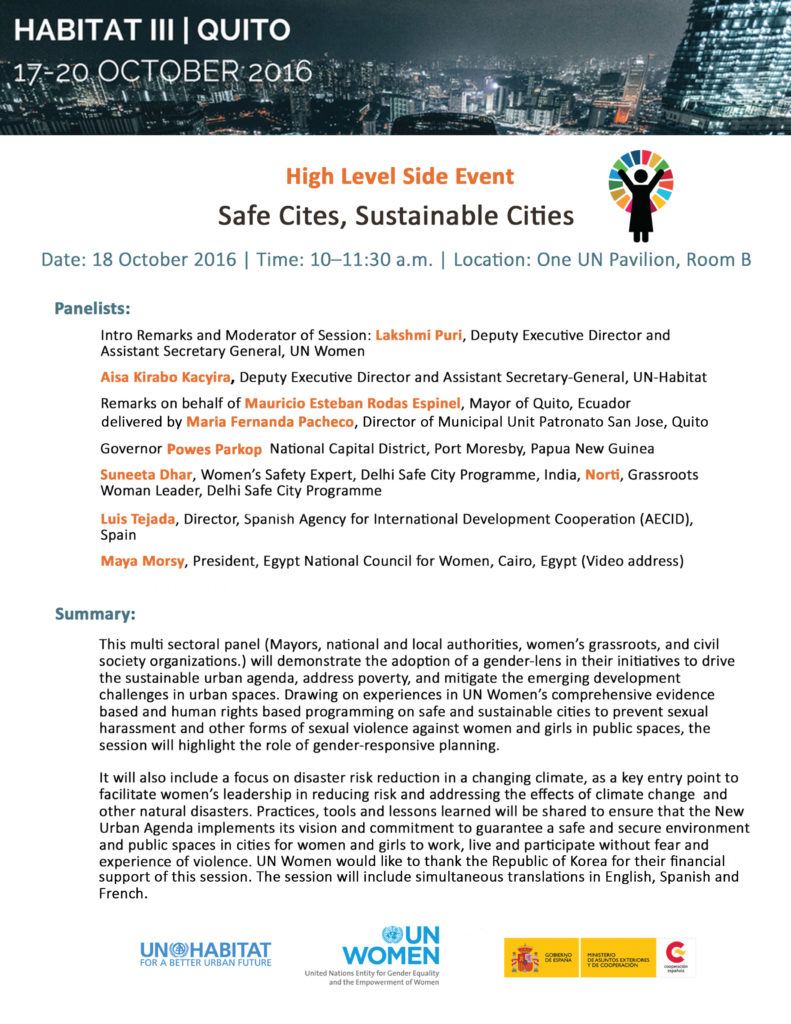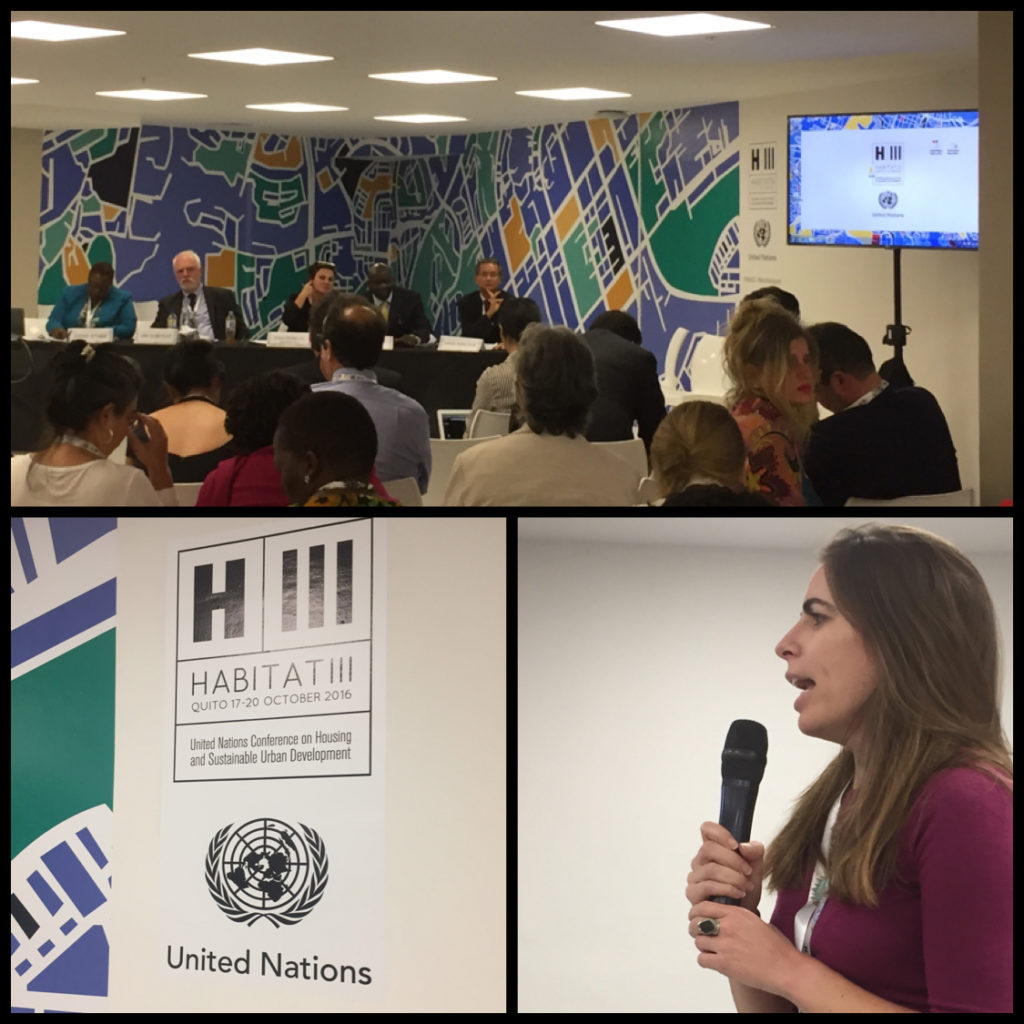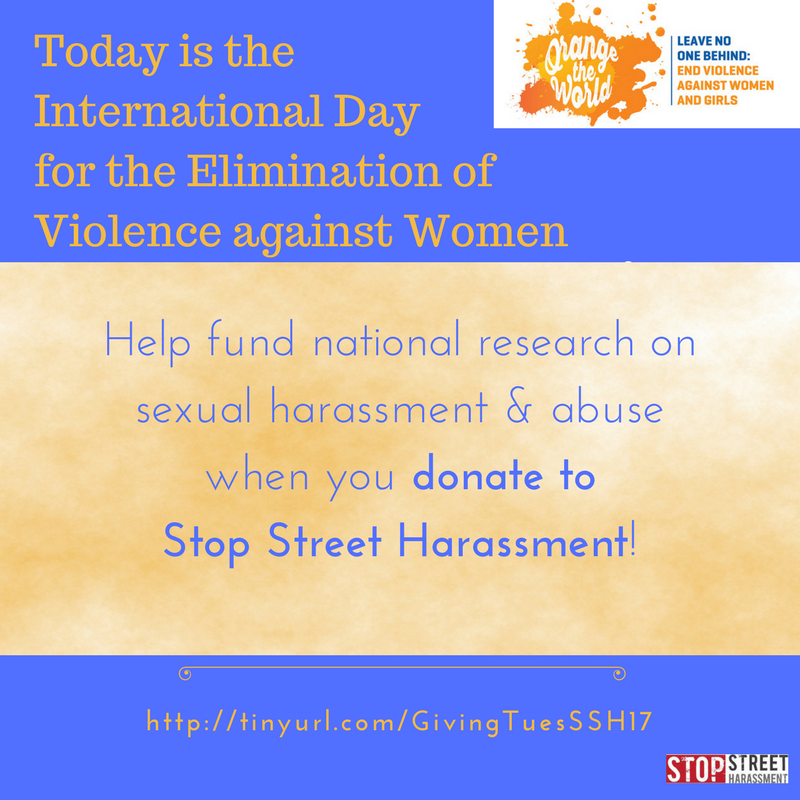 Today is the first day of the 16 Days of Activism Against Gender-Based Violence as well as International Day for the Elimination of Violence Against Women, and this year’s theme is “Leave No One Behind.”
Today is the first day of the 16 Days of Activism Against Gender-Based Violence as well as International Day for the Elimination of Violence Against Women, and this year’s theme is “Leave No One Behind.”
Building on this theme as well as the outpouring of #MeToo sexual abuse stories from women around the world (H/T to the hashtag creator Tarana Burke), the SSH board and I are excited to announce a new project.
Exciting New Survey
We plan to partner again with national survey firm GfK (they worked with us in 2014) to conduct a nationally representative survey on sexual harassment and abuse in all the places it occurs, including public spaces, schools, campuses, workplaces, places of worship and private homes. We hope the survey will show just how all-encompassing sexual harassment and abuse can be nationwide, as well as illuminate other information, like the young age it begins. To date, there has not been a survey like this undertaken.
Because this national sample of 2,000 people ages 18+ will reflect the demographics of the country, the experiences of smaller demographics won’t be as well documented, including demographics of people who face high rates of abuse. Thus, we will also conduct three separate online surveys that target three main demographics: transgender people, persons with disabilities and youth (of course acknowledging that some people span two or all three categories).
How can you be involved?
1) Donate, $10 or more. We need to raise $11,000 to cover the costs. The sooner we raise the funds, the sooner we can undertake this timely project.
2) Encourage your networks and friends to donate, particularly for #GivingTuesday in three days. Here is a sample message and graphic for social media.
If you were moved by the #MeToo stories, you can bring more facts to light about the extent of #sexualharassment by helping @stopstharassmnt fund a ground-breaking national survey. https://www.razoo.com/team/Shanationlsurvey #EndSH
3) If you would like to participate in any of the three online surveys (the main survey is randomized and conducted by GfK), help solicit responses for them or give input on the questions, please be in touch.
Thanks!
Holly
SSH Founder
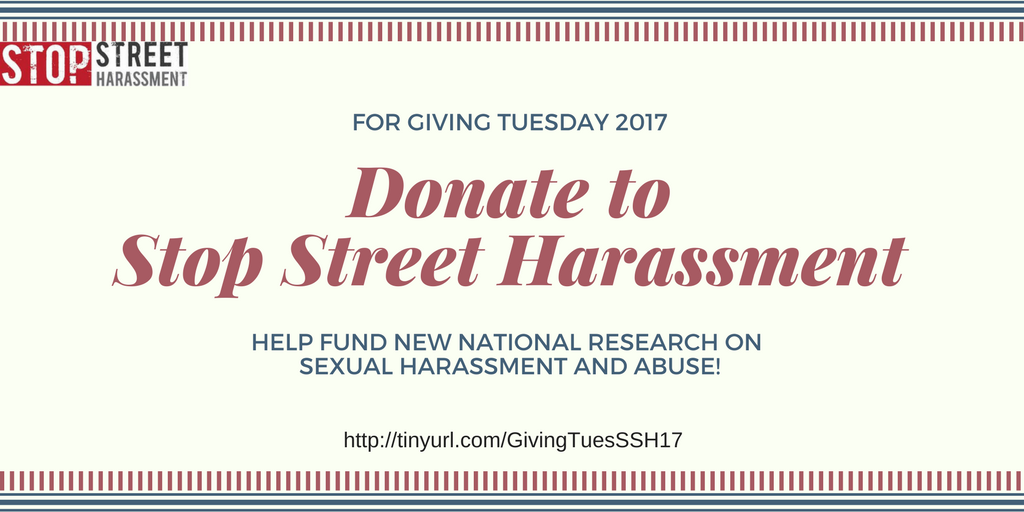

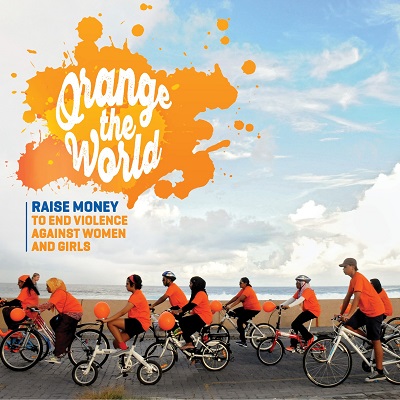
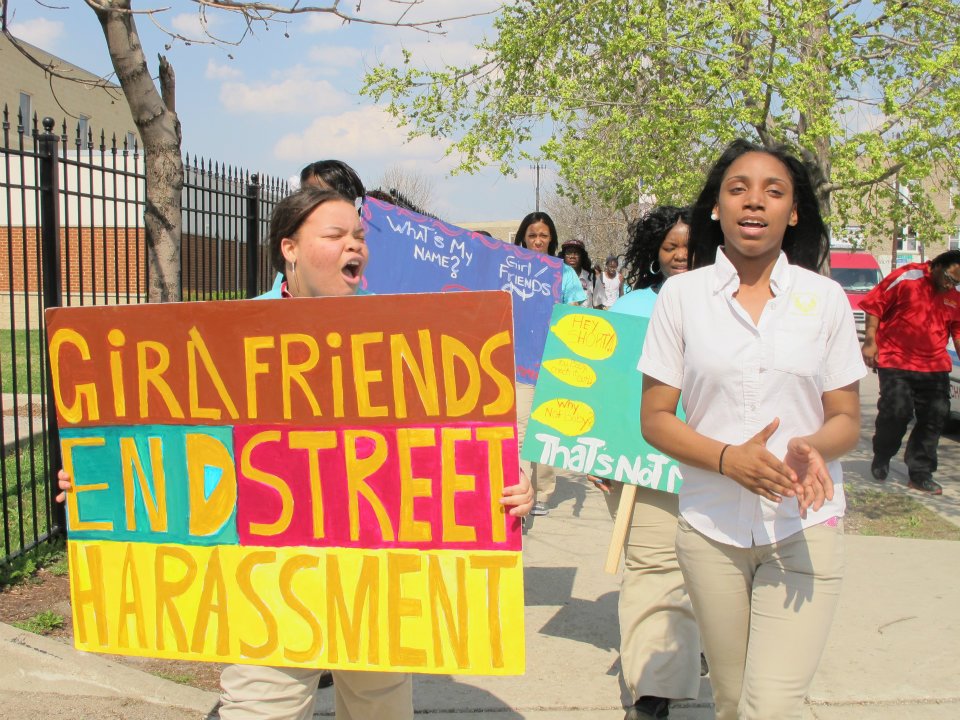
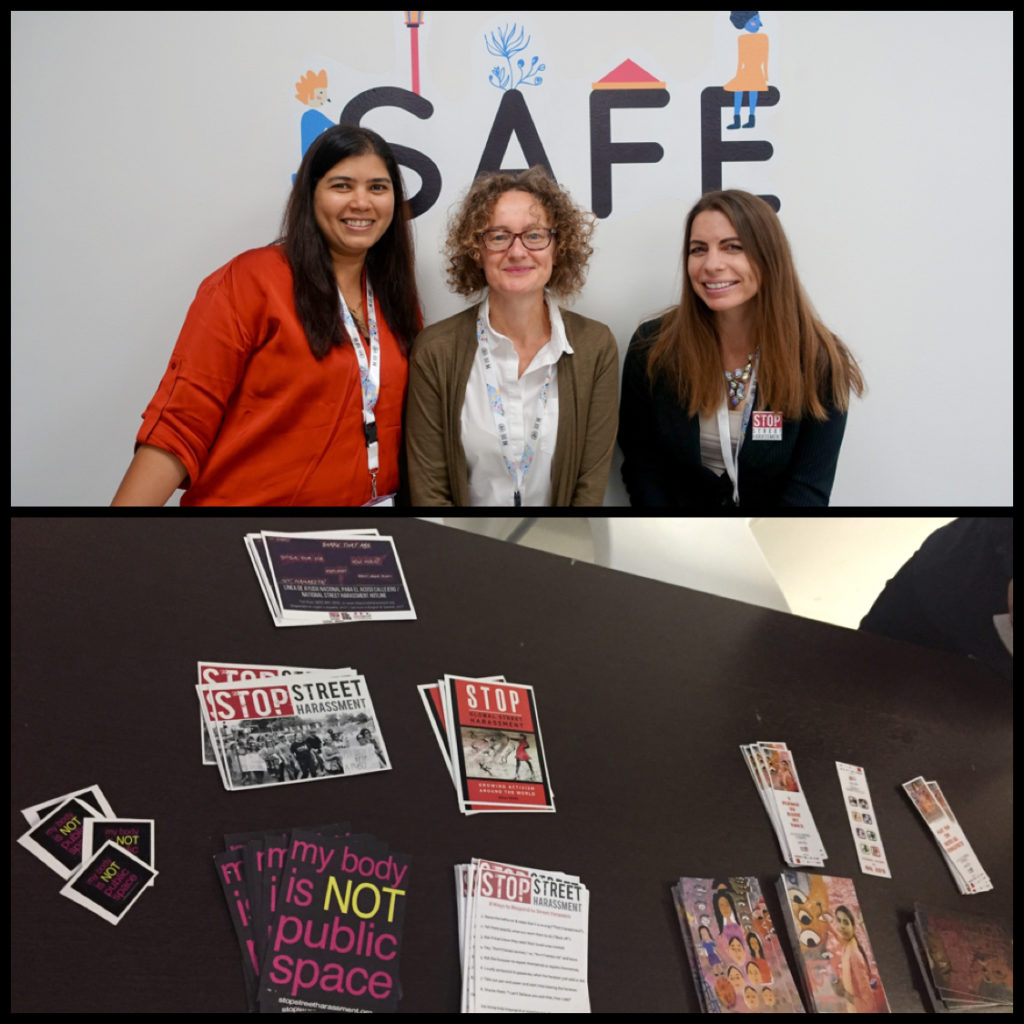 Hello from my final day at HABITAT 3 in Quito, Ecuador.
Hello from my final day at HABITAT 3 in Quito, Ecuador.